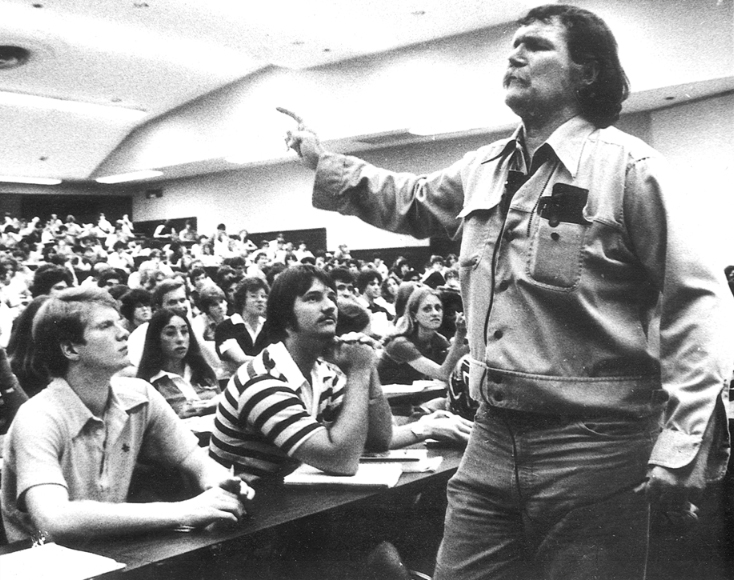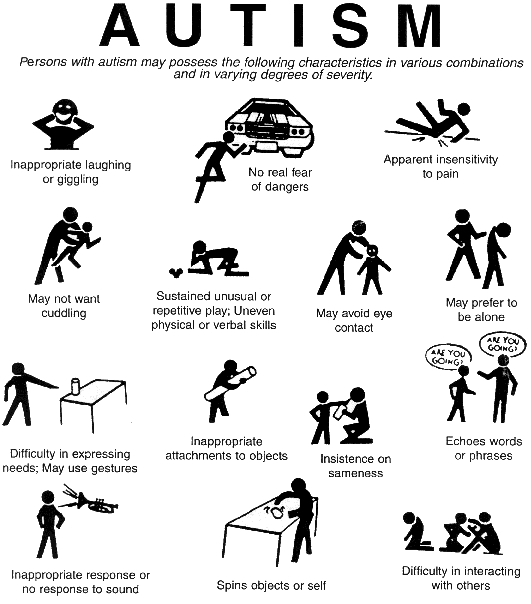 |
| Do we really want clinical psychologists who know Structural Equation Modeling but not Shakespeare or Freud? |
"In the opening soliloquy to Shakespeare's Richard III, Gloucester, who subsequently becomes King, says:
But I, that am not shaped for sportive tricks,
Nor made to court an amorous looking-glass;
I that am rudely stamp'd, and want love's majesty
To strut before a wanton ambling nymph;
I, that am curtail'd of this fair proportion,
Cheated of feature by dissembling Nature,
Deform'd, unfinish'd, sent before my time
Into this breathing world, scarce half made up,
And that so lamely and unfashionable,
That dogs bark at me as I halt by them;
And therefore, since I cannot prove a lover,
To entertain these fair well-spoken days,
I am determined to prove a villain,
And hate the idle pleasures of these days.
At a first glance this tirade may perhaps seem unrelated to our present theme. Richard seems to say nothing more than: ‘I find these idle times tedious, and I want to enjoy myself. As I cannot play the lover on account of my deformity, I will play the villain; I will intrigue, murder and do anything else I please.’ Such a frivolous motivation could not but stifle any stirring of sympathy in the audience, if it were not a screen for something much more serious. Otherwise the play would be psychologically impossible, for the writer must know how to furnish us with a secret background of sympathy for his hero, if we are to admire his boldness and adroitness without inward protest; and such sympathy can only be based on understanding or on a sense of a possible inner fellow-feeling for him.
I think, therefore, that Richard's soliloquy does not say everything; it merely gives a hint, and leaves us to fill in what it hints at. When we do so, however, the appearance of frivolity vanishes, the bitterness and minuteness with which Richard has depicted his deformity make their full effect, and we clearly perceive the fellow-feeling which compels our sympathy even with a villain like him. What the soliloquy thus means is: ‘Nature has done me a grievous wrong in denying me the beauty of form which wins human love. Life owes me reparation for this, and I will see that I get it. I have a right to be an exception, to disregard the scruples by which others let themselves be held back. I may do wrong myself, since wrong has been done to me.’ And now we feel that we ourselves might become like Richard, that on a small scale, indeed, we are already like him. Richard is an enormous magnification of something we find in ourselves as well. We all think we have reason to reproach Nature and our destiny for congenital and infantile disadvantages; we all demand reparation for early wounds to our narcissism, our self-love. Why did not Nature give us the golden curls of Balder or the strength of Siegfried or the lofty brow of genius or the noble profile of aristocracy? Why were we born in a middle-class home instead of in a royal palace? We could carry off beauty and distinction quite as well as any of those whom we are now obliged to envy for these qualities.
It is, however, a subtle economy of art in the poet that he does not permit his hero to give open and complete expression to all his secret motives. By this means he obliges us to supplement them; he engages our intellectual activity, diverts it from critical reflection and keeps us firmly identified with his hero. A bungler in his place would give conscious expression to all that he wishes to reveal to us, and would then find himself confronted by our cool, untrammelled intelligence, which would preclude any deepening of the illusion."
Sigmund Freud, Some Character Types Met with in Psychoanalytical Work






